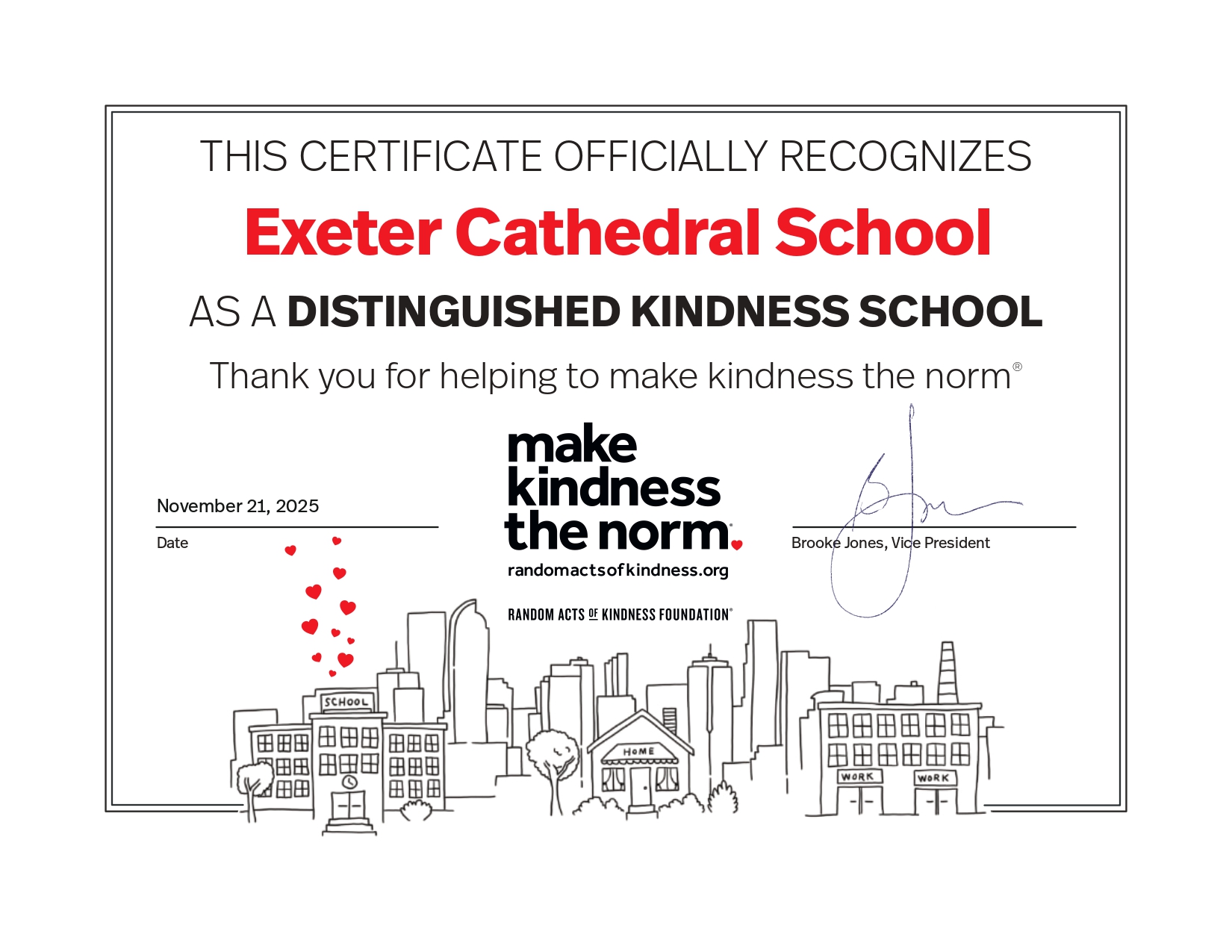There are five aspects of the Eucharist, the first two of which I’ve tried to describe and on which I’ve reflected in the previous two letters. You may find it helpful to remind yourself of them. This week, I look at the Third aspect, which forms the centre of the Eucharist. There’s one word that’s important for me to explain, if you aren’t familiar with it: Sacrament.
Sacrament
There’s a story that might help here. In the middle of Central Park, New York, a group of people assembled every day to sit in a circle on the grass and tell each other stories. Some told them by the spoken word, others sang, some showed their skills in juggling, some drew pictures on scraps of paper and others used a sign language. Not surprisingly, they came to know each other well, enjoy each other and, more importantly, trust each other, with the inevitable moments of disagreement and sadness. What they had in common was their poverty, some of them being homeless, some addicts and some with illnesses of various sorts. One day, a well dressed person passed by, wearing an expensive suite and was on his way to some city finance firm. He was fascinated by this group of people and, indeed, listened in – from a distance. However, he hoped not to be spotted as he didn’t want to be seen with this bizarre collection of people. But they noticed him. One of them shouted that he should come and join them. He pointed to his watch that he needed to press on and get to work. ‘Well, on your way home this evening, why not bring a bag of apples with you and we can share what we have?’ The well-dressed man did pass them that evening, rather nervously. However, he quickly dropped the bag of apples in front of one of the group and attempted to beat a hasty retreat. ‘Don’t go. Come and join us and tell your story while we share what food we have and we share in your apples.’ This was an offer he couldn’t refuse. So, in his smart suit, he sat down, listened to the stories and ate what looked like a sausage and a rather stale sandwich. He shared his apples and eventually it was his turn to tell his story. From that day on he joined the community as often as he could and started to speed the story of the story-telling group in Central Park and their sharing of food.
In a way, the story-telling and the food, little though it was, was a kind of Eucharist. In many ways the story has parallels in Jesus and the Last Supper, where he and his friends met, told stories and shared in blessed and broken bread and poured out wine, just before Jesus’ trials and execution. The food pointed to, was sign of a growing relationship in the group and it’s welcoming of the rich office worker. So in the Eucharist, the bread and wine together are a sign of the story of Christ in a community. The word ‘Sacrament’ is such a sign. Traditionally, it is ‘an outward and spiritual sign of an inward and spiritual grace’. The word ‘grace’ is important. It is the beautiful and free gift of the love of god in the specifics of daily living. Grace happens to you every day and all day, even although perhaps you don’t notice it, except in fleeting moments. A sacrament points to powerful holiness of human love and friendship in community. The Body of Christ. The story told is in the Gospel – the Good News of Jesus Christ presence, telling his story in the middle of the community.
The Body and Blood of Christ
As you read this, I want you to think of all those who love you. They have come to love you through the presence of your body and the blood that traces through you to give you life. This loving is the activity of Grace, of God within you. You don’t need to look any further. Perhaps there’s a ‘sign’, a ‘sacrament’ of that love that you hold dear: a kiss, a hug, a gift, a letter, an act of practical caring and loving that you’ve been given or that you’re giving. The sacrament points to something infinite within you, that is beyond adequate description. That’s the heart of the Eucharist.
When you come to the Eucharist, in its third aspect, the Bread and Wine are prepared and offered in what’s known as the Eucharistic Prayer. In it, the Spirit of God, the dynamic of God, is asked to be present as the gathering comes to see the bread and wine as a sacrament, a sign of the presence of Christ – his Body and Blood. The bread is blessed and broken as Jesus Body is blessed and broken. The wine is blessed and like his blood it is poured out so that you and I are reminded, re-awakened to the fact that we are one with, are in communion – in union with – Jesus Christ. You are ‘blessed, broken and poured out’.
Blessings to you and yours,
Bishop Martin







